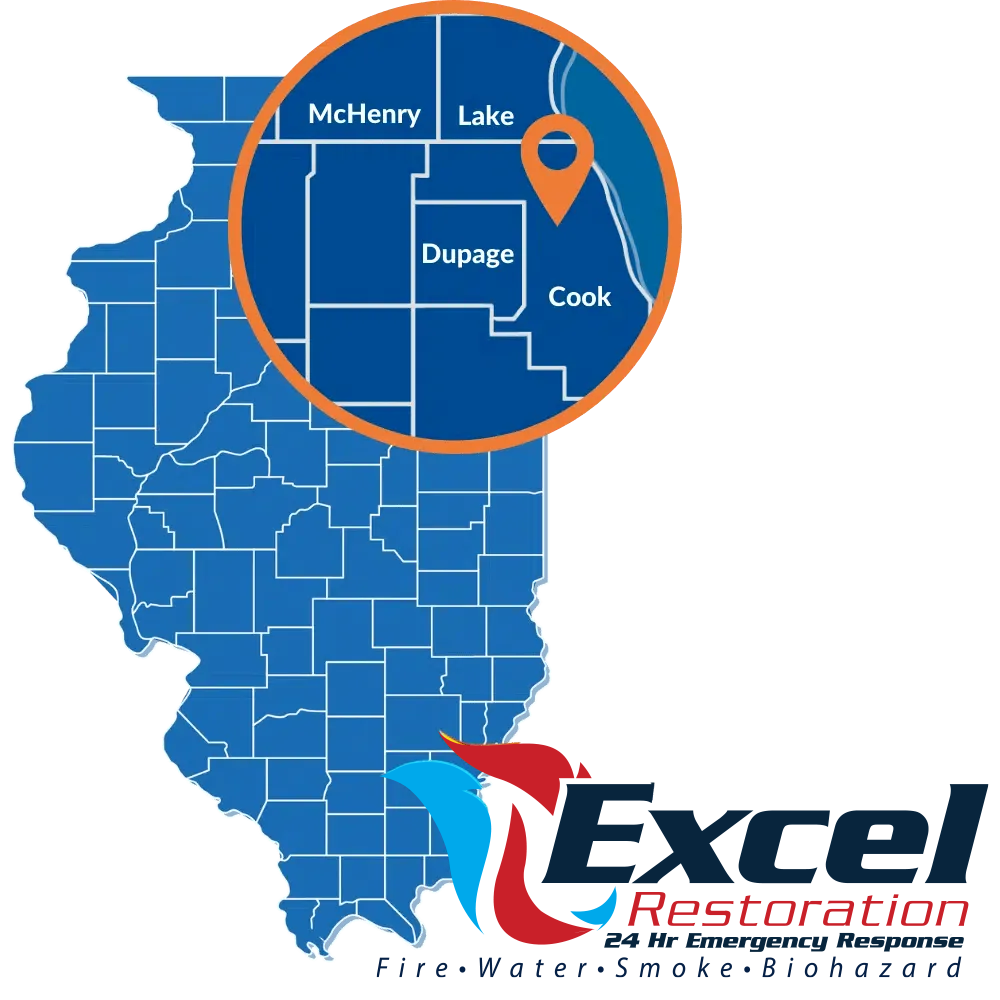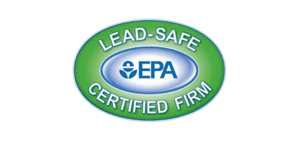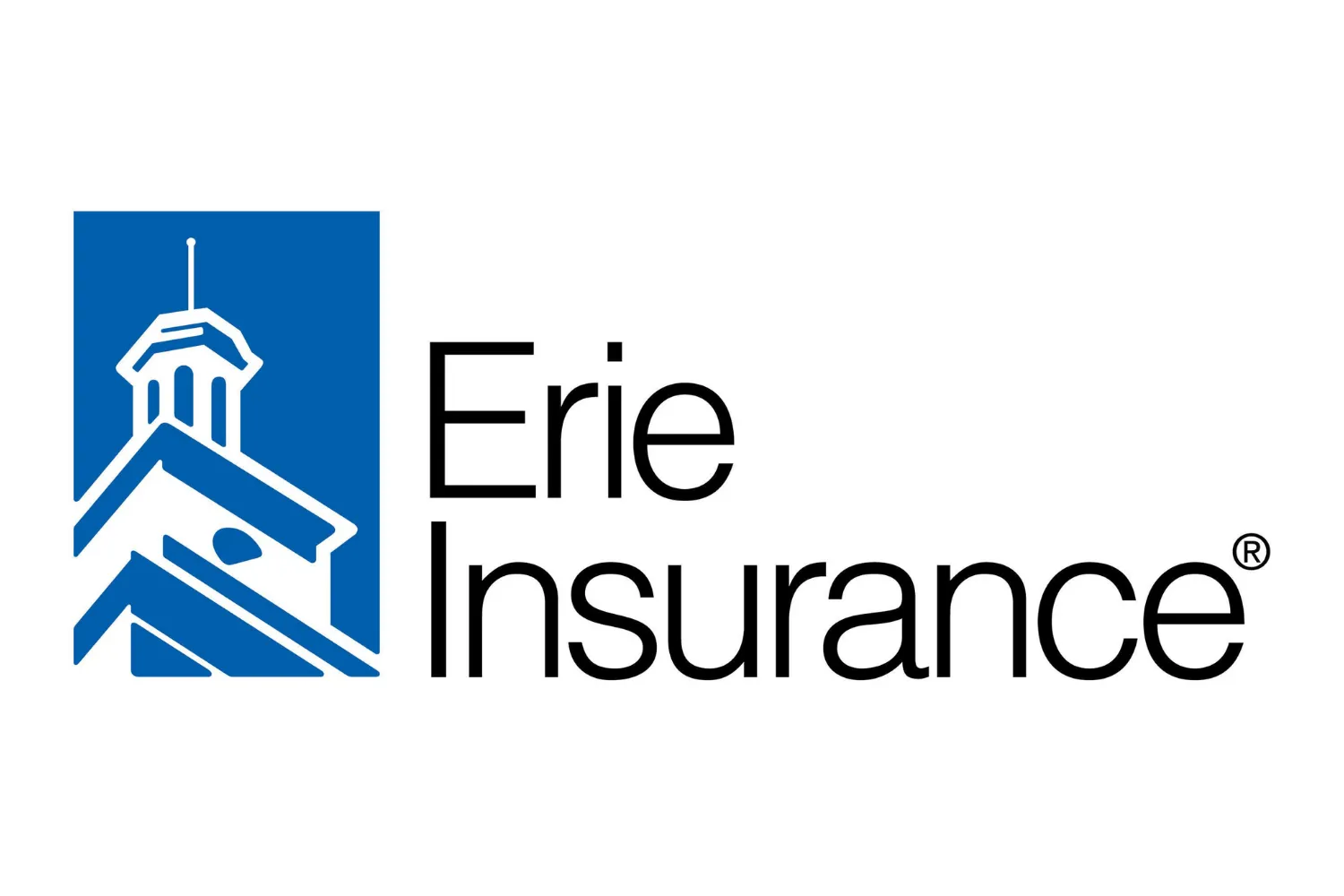Water damage can have severe consequences on your home, health, and finances. Whether it’s from internal factors such as burst pipes or external factors such as floods, it’s essential to take proper measures to prevent and mitigate water damage. In this section, we will explore the risks and potential impacts of water damage to your property.
Key Takeaways
- Water damage can damage the structural integrity of your home.
- Health hazards such as mold growth and bacterial contamination can result from water damage.
- Water damage can have significant financial implications.
- Preventing water damage through proper maintenance is essential.
- Recognizing signs of water damage and taking immediate action is crucial.
Structural Impact of Water Damage
Water damage can have severe consequences on the structural integrity of your home, leading to costly repairs and decreased property value. Depending on the severity and duration of the water exposure, the effects of water damage can range from mild to catastrophic, including:
1. Damage to foundations: Excessive water exposure can weaken the foundation of your home, leading to cracking, shifting, or sinking. If left unaddressed, foundation damage can compromise the safety and stability of your entire house.
2. Damage to walls: Water infiltration can cause walls to warp, buckle, or bow. It can also lead to peeling paint, staining, and mold growth. Prolonged water exposure can weaken the framing behind the walls, making them vulnerable to collapse.
3. Damage to floors: Water damage can cause hardwood floors to warp, buckle, or cup, while carpeted floors may become saturated and develop mold or bacterial growth. In severe cases, water damage can cause subflooring to rot, leading to structural failure.
Structural Impact of Water Damage
4. Damage to roofing: Water infiltration can cause shingles to lift, crack, or deteriorate. It can also cause water to seep into the attic, leading to mold growth, insulation damage, and structural decay.
5. Damage to electrical systems: Water exposure can damage electrical wiring, outlets, and appliances, leading to short circuits, fires, and electrocution. It is essential to shut off electricity to the affected areas and seek professional assistance immediately.
When dealing with water damage, it is critical to address the issue promptly and thoroughly. Ignoring or delaying repairs can result in further damage and increased expenses. Contacting a professional restoration company can help mitigate risks and ensure a swift and effective recovery.
Health Hazards from Water Damage
Water damage not only impacts your property, but it can also pose serious health hazards. The dangers associated with water damage may not always be visible, but they can have serious consequences on the safety of your home and your family.
One of the most common health hazards of water damage is mold growth. Mold can develop within 24-48 hours of water intrusion and can spread quickly throughout your home. Mold spores can cause respiratory issues, including allergies, asthma, and other respiratory infections. Therefore it’s essential to address water damage and address mold growth as soon as possible.
Another significant health hazard of water damage is bacterial contamination. Water intrusion can cause bacteria to grow in various areas of your home, including carpets, furniture, and drywall. These bacteria can cause serious health problems, including infections and other illnesses.
Moreover, water damage can cause other respiratory issues such as irritation of eyes, throat, and nose. Water-damaged areas also become a breeding ground for pests such as rodents and insects, which can create additional health hazards.
To protect your health and that of your family, you must address water damage as soon as possible. Always remember that any water damage is not just an inconvenience but a potential threat to your health, so it’s critical to take it seriously and take immediate action.
Financial Consequences of Water Damage
If left untreated, water damage can lead to significant financial consequences. Repairing water damage can be costly, and the longer it is left untreated, the more expensive it can become. In addition to the direct costs of repair, water damage can also decrease the value of your property and increase your insurance premiums.
The cost of repairing water damage can vary depending on the extent of the damage and the location of the affected area. For example, repairing a small leak may only cost a few hundred dollars, but significant water damage to the foundation or roof can cost thousands of dollars in repairs.
Furthermore, water damage can decrease the value of your property. Potential buyers may be hesitant to purchase a property that has a history of water damage, as it can be a sign of ongoing issues that may not have been properly addressed. As a result, sellers may have to lower their prices to attract potential buyers.
Finally, insurance considerations must also be taken into account. Water damage may not be covered by your homeowners’ insurance policy, or may only be covered under certain circumstances. It is important to review your policy and understand your coverage to avoid any surprises in the event of water damage.
Dealing with the Financial Consequences of Water Damage
If you do experience water damage, it is important to act quickly to mitigate the financial consequences. Contact your insurance company immediately to report the damage and discuss coverage options. Document all damages with photographs and keep detailed records of all expenses incurred during the repair process.
Work with reputable contractors and restoration professionals to ensure that the damage is properly repaired. Taking these steps can help minimize the financial impact of water damage and ensure that your property is restored to its pre-damaged condition.
Preventing Water Damage
Protecting your property from water damage should be a top priority for any homeowner. Here are some tips to keep your home safe:
- Regularly inspect your home’s plumbing and appliances for leaks or any signs of wear and tear.
- Ensure that your gutters and downspouts are free of debris and allow water to flow properly.
- Install a sump pump in your basement to prevent flooding during heavy rains or melting snow.
- Apply waterproofing to your basement walls and floors to prevent seepage.
- Make sure your home’s foundation is properly sealed and that any cracks or gaps are repaired immediately.
- Consider installing a water alarm that will alert you when water is detected in your home.
By taking these preventive measures, you can significantly reduce the risk of water damage to your home.
Recognizing Water Damage
Water damage can be deceiving and may not always be visible right away. Knowing the signs of water damage can help you address the issue before it becomes a major problem.
One of the most common signs of water damage is water stains on ceilings or walls. These stains can appear yellow or brown and may be accompanied by peeling paint or wallpaper. Another indicator of water damage is musty odors in a room. If you notice a damp, musty smell, it could be a sign of hidden water damage.
Warped or buckling flooring is another sign of water damage. If you notice uneven or cracked flooring, it could be due to water damage. Additionally, mold growth is a clear indicator of water damage. Mold thrives in damp environments and can quickly spread throughout your home, causing health concerns and further damage.
It’s important to keep an eye out for signs of water damage and address them promptly to prevent further damage and health hazards.
Immediate Steps to Take
If you discover water damage in your home, it is important to act quickly to prevent further damage and potential health hazards. Here are some immediate steps you should take:
1. Turn off the water source: If the water damage is caused by a leak or burst pipe, it is important to turn off the water source as soon as possible to prevent further flooding.
2. Document the damage: Take photos and videos of the affected areas to document the damage for insurance purposes.
3. Call a professional: Contact a professional water damage restoration company to assess the extent of the damage and provide the necessary repairs.
4. Mitigate further risks: Take steps to mitigate further risks, such as removing furniture and other belongings from the affected areas, opening windows for ventilation, and turning off electrical appliances.
5. Contact your insurance company: Contact your insurance company to report the damage and to determine if your policy covers the repairs.
By taking these immediate steps, you can help minimize the damage and prevent further risks from water damage in your home. Remember, it is important to act quickly to protect your property and your health.

















